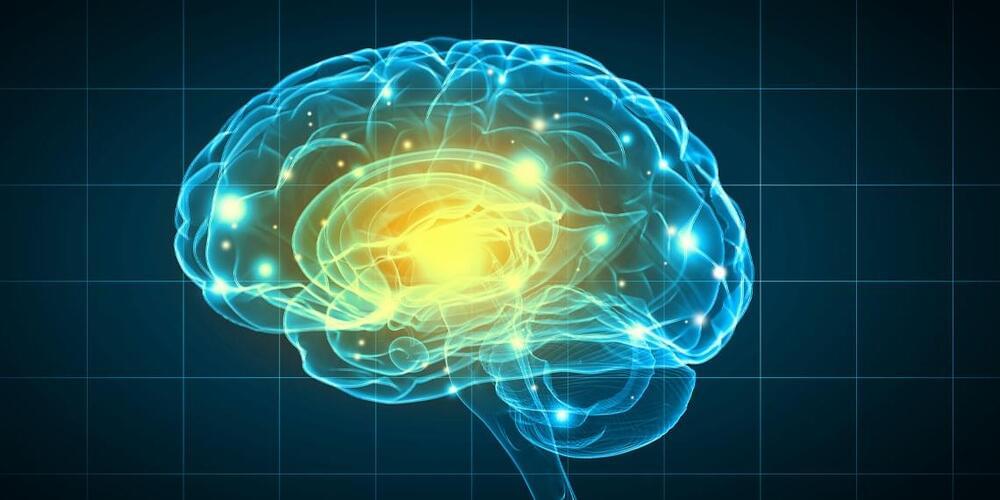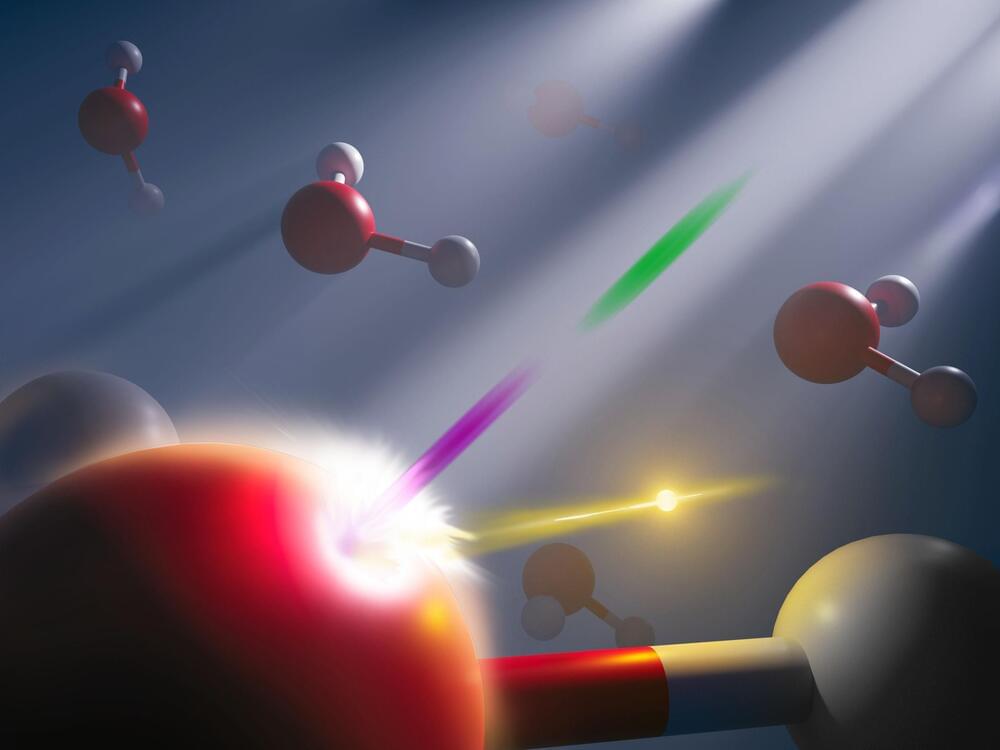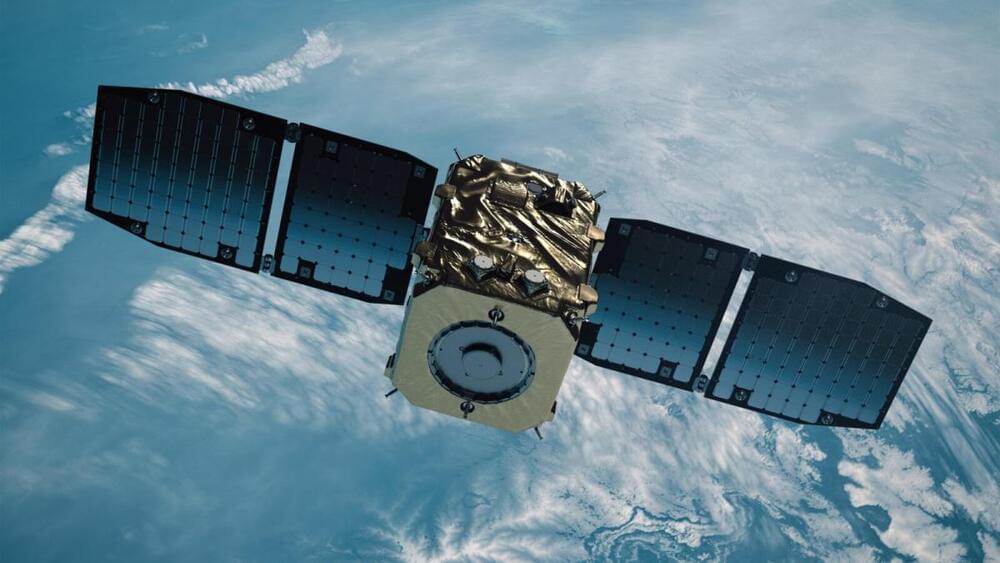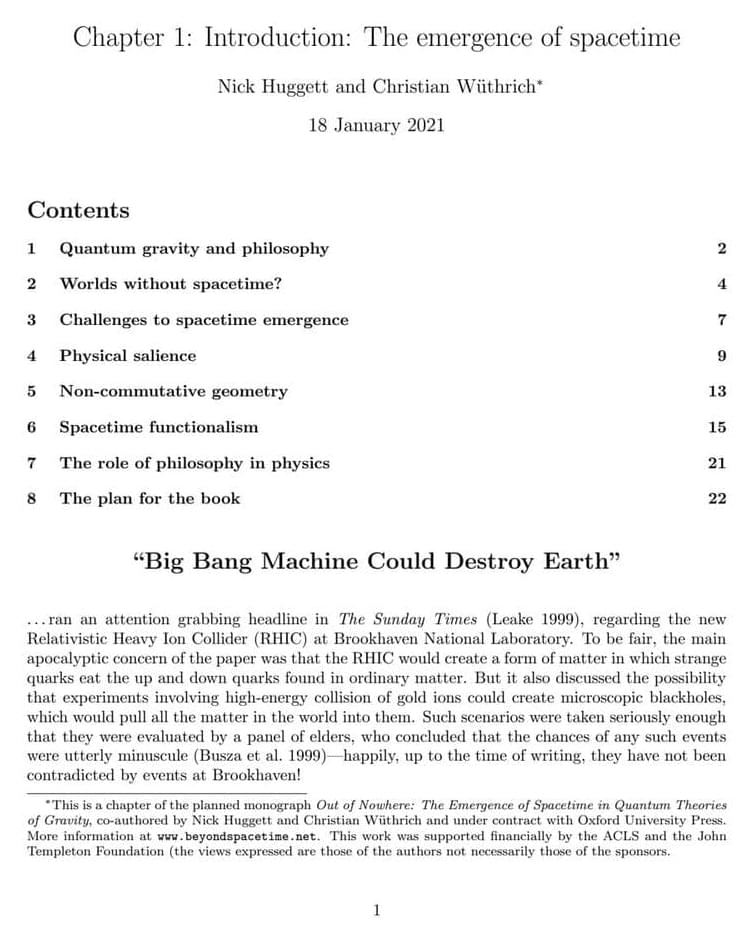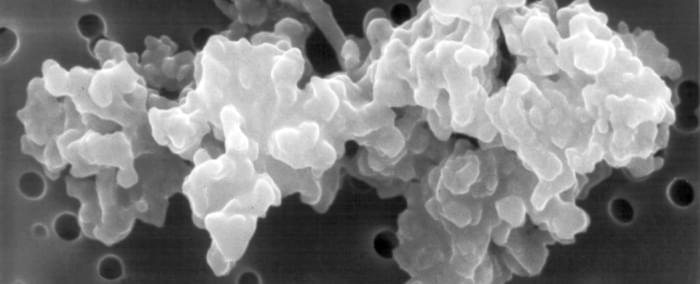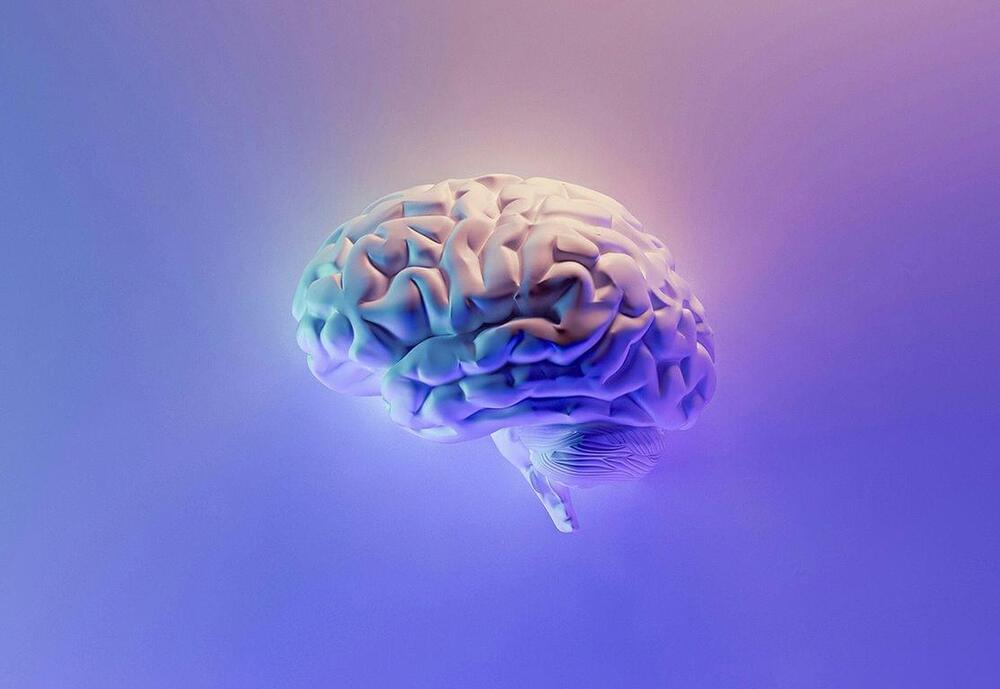
A study, published in One Earth, is the first to analyze the interplay of electrification and hydrogen in EU climate neutrality scenarios at greater sectoral detail. The analysis shows higher potential for electrification and identifies a more confined deployment range for hydrogen-based energy than earlier studies.
“Previous research has shown that our power system can be transformed to renewable sources like wind and solar at low cost and low environmental impact. However, the next question is how this renewable electricity can be used to substitute fossil fuel use in the buildings, industry and transport sectors. Our analysis shows that the direct use of electricity, for example, via electric cars and heat pumps, is critical for a broad range of sectors, while the conversion of electricity to hydrogen is important only for few applications,” says Felix Schreyer, PIK scientist and lead author of the study.
Using the energy-economy model REMIND, PIK-scientists investigated plausible combinations of both strategies in EU energy system transformation pathways under different scenario assumptions.
